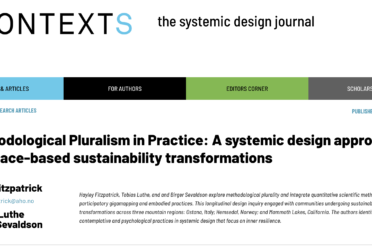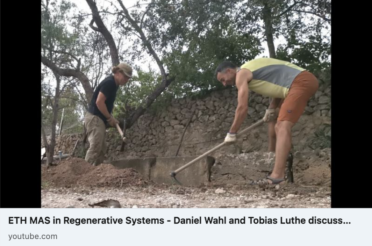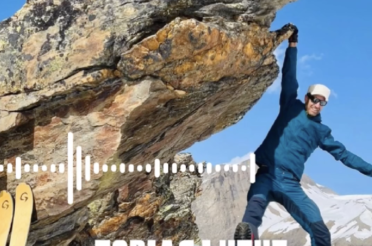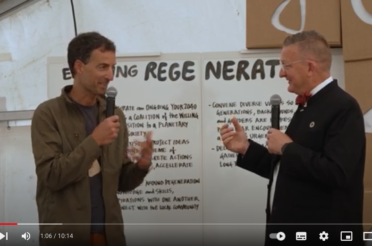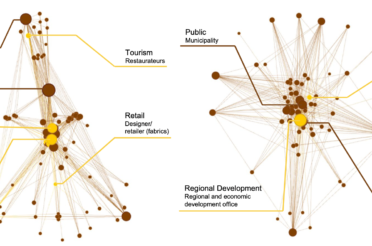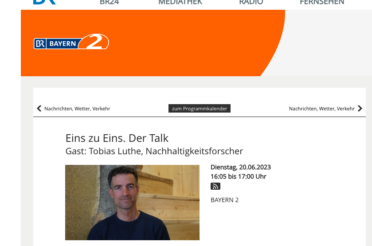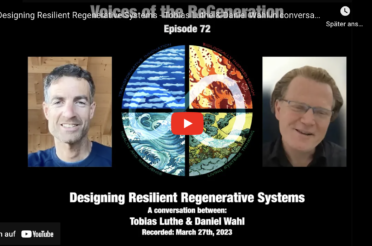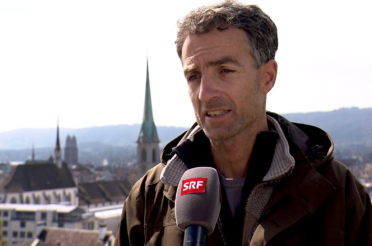At the latest RSD10 (Relating Systems Thinking and Design) symposium 2021, we presented a couple of current and ongoing research projects.
Together with respected colleagues we were listed amongst the Top Ten in Systemic Design by the Systemic Design Association, related to the number of overall RSD contributions, based on sustained commitment and dedication to establishing systemic design in academia and design practice from RSD6 till RSD10.
Our main contributions in 2021 (RSD10) were:
Enriching Synergies in Systemic Design: Hybridizing science, design and transformative action (Tobias Luthe, Haley Fitzpatrick, Justyna Swat, Tiphaine Mühlethaler, Abel Crawford)
The main goal of developing systemic design has been to seek synergies between design and systems in order to better deal with complexity. Since the need for local people’s action on designing regenerative systems and cultures has been gaining in urgency, and since neither design nor science nor practice alone can transform such systems fast enough, we intend to enrich systemic design methodologies. Adding to the latest discourse on values, direction and currency in systemic design, and when it is regenerative, we identify synergies between an extended array of practices: science, systems thinking, design, and transformative action. Motivated by the development of a Massive Open Online Course (MOOC) on Designing Resilient Regenerative Systems with its specific module on systemic design, we propose some cornerstones of enriching systemic design and “Playing with tensions” while offering this inclusive discourse to the RSD community. Visit the ETHZ MOOC website.
Systemic Cycles – A novel, bio-regional, systemic service-experience design product prototype (Tobias Luthe, Martin Schütz, Justyna Swat)
This interactive practice case introduces a novel, bio-regional, systemic service-experience design product prototype entitled “Systemic Cycles”. We present this playful didactic bio-regional weaving tool of systemic cycles in the form of a narrated mapped photo story, a movie, a joint weaving experience, and an open feedback design discussion. This systemic bike experience design tour was prototyped in July 2021 around the Italian High Po River Valley of the Piedmont region near Torino and is planned to be offered as a continuous product in the region and beyond, to inform about systemic design and weave new bio-regional, resilient and regenerative economies. Check out the new website https://www.systemic-cycles.org/
Dialogue: Redefining System Boundaries (Haley Fitzpatrick, Tobias Luthe)
Using systemic design to navigate tensions between specificities and generalizations in case study research
This dialogue session aims to harvest perspectives on how systemic design (SD) methodologies can provide innovative approaches to complex case study research. Fitzpatrick’s ongoing PhD project titled “Alpine Circularity: Designing Regenerative Mountain Communities” will be used as an exploratory example to critically and creatively brainstorm new ways of defining and measuring complex system boundaries when approaching multi-scalar, transdisciplinary comparative case studies. More about Haley’s PhD work.
Mountain Water Management through Systemic Design: The Monviso Institute real-world laboratory (Francesca Carraro, Silvia Barbero, Tobias Luthe)
This research deals with the sustainable management of water resources in rural areas, through the study and design of integrated water systems in a mountain environment. The work promotes a new model of sustainable use and treatment of water in a real context, created to be experimented by the public, by the research centre and born from the need for the development of new environmental activism, based on conscience and awareness. Thinking across scales of space and governance, a scalable and replicable system is outlined, based on cooperation between local actors, addressing current tensions while thinking of long-term effects. The trans-disciplinary approach joins systemic projects from different fields, brought together to model a single cooperating system. We outline the regenerative water management model at the campus of the MonViso Institute, a real-world laboratory advancing sustainability and regenerative design in the Italian Alps, as an illustrative case for the design of regenerative water systems. Experience more at the MonViso Institute’s website.
